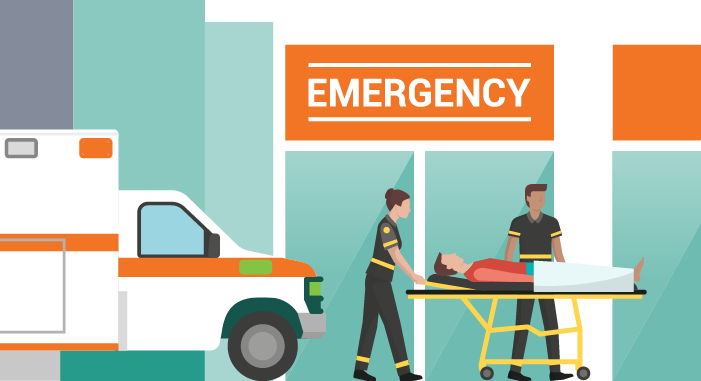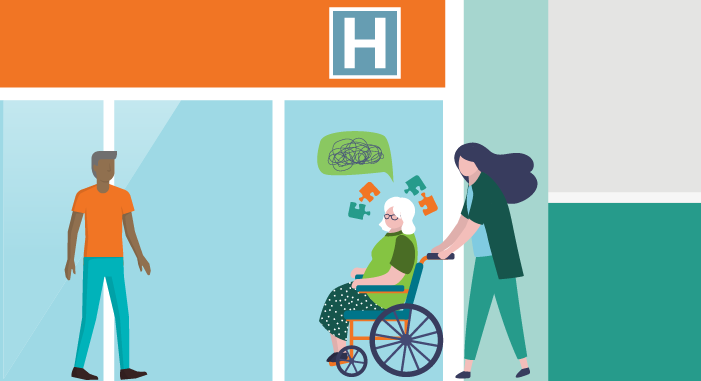
Protected: Systematic Review Template
There is no excerpt because this is a protected post.

Geriatric Emergency care Applied Research Standardization Study

Geriatric Emergency care Applied Research Standardization Study

There is no excerpt because this is a protected post.

February 27, 2024 at 11 am – Noon (PST)
Join us for the inaugural GEAR 2.0 Grand Rounds webinar by Dr. David Reuben. Learn about the
critical intersections of dementia and emergency care.
The goal of the pilot funding is to promote transdisciplinary research in geriatric emergency medicine that will advance emergency medical care for persons living with dementia and their care partners.
Preference is given to projects focused on at least one of of the four GEAR2.0-ADC research interests: Communication and shared decision making; Dementia detection; ED care practices; ED Care Transitions.
This charter document delineates the GEAR 2.0 ADC Research Core Group project purpose, goals, and participant expectations.
This charter document delineates the GEAR 2.0 ADC Research Core Group project purpose, goals, and participant expectations.
This charter document delineates the GEAR 2.0 ADC Data/Informatics Core Group project purpose, goals, and participant expectations.
This charter document delineates the GEAR 2.0 ADC Data/Informatics Core Group project purpose, goals, and participant expectations.
Advancing Dementia Care (GEAR 2.0 – ADC) / Emergency Medicine Foundation (EMF) / West Health Institute (WHI) will fund up to four pilot proposals that are aligned with the GEAR 2.0 Mission and research priorities starting as early as July 1, 2022. The dollar amount of each award may not exceed $90,000 in total costs.
Final grants submissions are due Friday, February 4, 2022.

The ED Practices Work Group aims to develop key questions and identify research gaps in optimal care for people living with dementia seeking acute, unscheduled care in the ED or through alternative means, such as telehealth or community paramedicine.

Approximately 40 percent of people living with dementia discharged from the hospital will experience an adverse event (ED revisits, other hospitalizations, or death) in the 30 days following discharge, a rate significantly higher than for those without dementia.